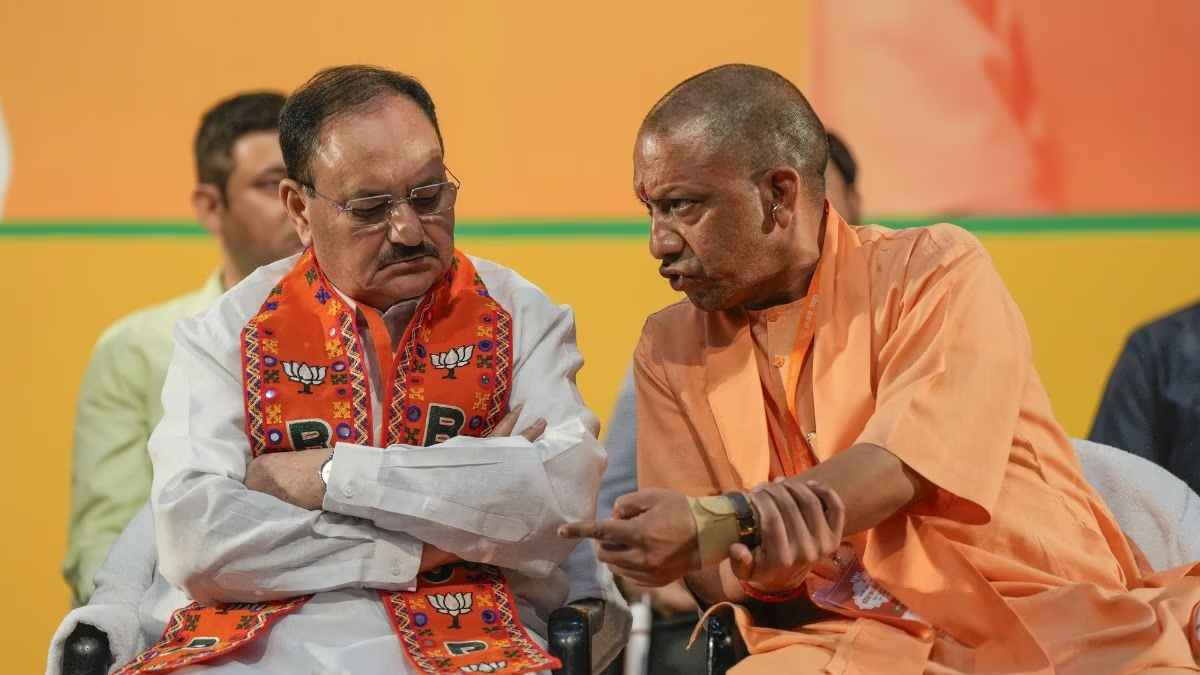In a revealing assembly of BJP's state committee held in Lucknow's Lohia Auditorium on Sunday, the entire spectrum of political dynamics unfolded. The tug-of-war between the top brass, the disconcerted faces of activists, and their steadfast resolve to battle ahead despite heavy hearts were all witnessed. Yet, the overarching effort from the leaders to rekindle the activist's spirit was palpable.
Standing Ovation for Addressing Activist Concerns
Keshav Prasad Maurya made a touching comment to the activists, saying 'Your pain is my pain.' He emphasized that the BJP organization has always been and will continue to be larger than any government. He assured them that 7 Kalidas Marg is always open to the activists. This statement earned him the most applause.
Chief Minister Yogi Adityanath boldly defined his governance stance, clarifying that the working style of his government will remain unaffected. He gave an example pertaining to Muharram but intended the message to resonate with everyone.
Why Couldn't Activists Respond to Opposing Narratives?
The question raised by Yogi Adityanath was poignant – when the opposition was spinning false narratives, why couldn't our activists effectively respond? He pointed out that people are adept at sending good morning messages on smartphones but faltered in countering opposition's falsehoods.
The Chief Minister critiqued a certain complacency within the organization, stressing that the election results should not cause any retreat. It was a clear message that neither he nor his followers would back down.
'Activists Are Paramount to Us'
The voice of the BJP leaders, although somber in the wake of the election results, was never before so resolute as witnessed in this state committee meeting in Uttar Pradesh. The closure of the meeting by President Bhupendra Chaudhary centered on the unmatched importance of activists. He firmly stated that no compromise would be made on their dignity and prestige.
Self-Reflection Advised by the National President
While discussions centered on activists, the political resolution did not address the despondency among them nor the steady outpour against bureaucracy that hindered grassroots activists from facilitating legitimate work at police stations and tehsils, leading to a passive stance during elections. In other words, the political resolution omitted mention of the activist's plight.
National President JP Nadda urged all for introspection, a message directed towards both the organization and the government. It remains to be seen whether the drawn swords will be sheathed, or if the turmoil at the upper echelons of Uttar Pradesh's politics persists.




